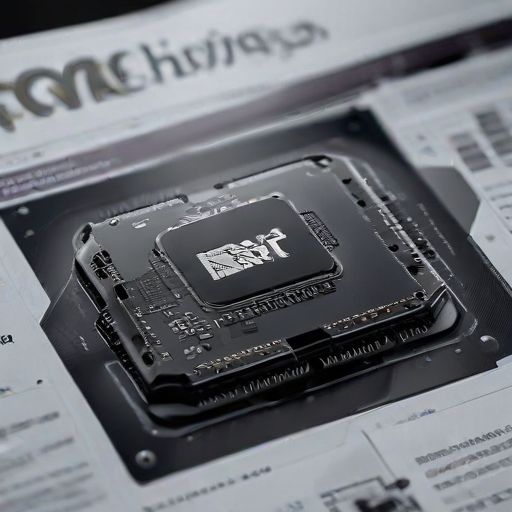As the United States deliberates stricter trade measures to prevent advanced chip technologies from being exported to China, Nvidia, a prominent American chipmaker, is reportedly developing a variant of its new artificial intelligence chips to adhere to these regulations.
The new product, tentatively named the “B20,” will be tailored specifically for the Chinese market in collaboration with local distributor Inspur. Sources suggest that shipments of the B20 may begin in the second quarter of 2025, although Nvidia has refrained from making any official comments on the matter.
Currently, Nvidia has three types of chips designed to align with U.S. export restrictions, including the H20. To address declining sales, the company has reduced prices on the H20 to better compete with domestic rival Huawei. Despite initial challenges, sales of the H20 chips have started to improve, and Nvidia anticipates selling over one million H20 units in China by the end of this year, which could generate around $12 billion in revenue, according to industry data. This figure is nearly twice the projected sales for Huawei’s Ascend 910B chip.
However, the future of Nvidia’s H20 chips may be uncertain. Analysts from Jefferies predict that these chips could face additional restrictions during the upcoming annual review of U.S. semiconductor export controls, possibly leading to a ban on sales to China. This could manifest through various means, including a specific product ban or adjustments in computing power and memory capacity limits.
Moreover, the potential for extended export controls may not just affect China; there is speculation that countries like Malaysia, Indonesia, and Thailand could be included in these restrictions, complicating the landscape for international chip sales.
In a landscape of increasing regulation and market adjustments, Nvidia’s proactive measures to innovate and adapt reflect a commitment to maintaining competitiveness in the global market while navigating complex trade dynamics. This resilience highlights the ongoing importance of the semiconductor industry in technological advancement and economic growth across borders.
In summary, Nvidia’s proactive steps to introduce a new AI chip tailored for China could enable the company to maintain a significant presence in a challenging international environment. The company’s ability to adapt could pave the way for future growth, showcasing the perseverance within the tech sector amidst ever-changing trade regulations.
